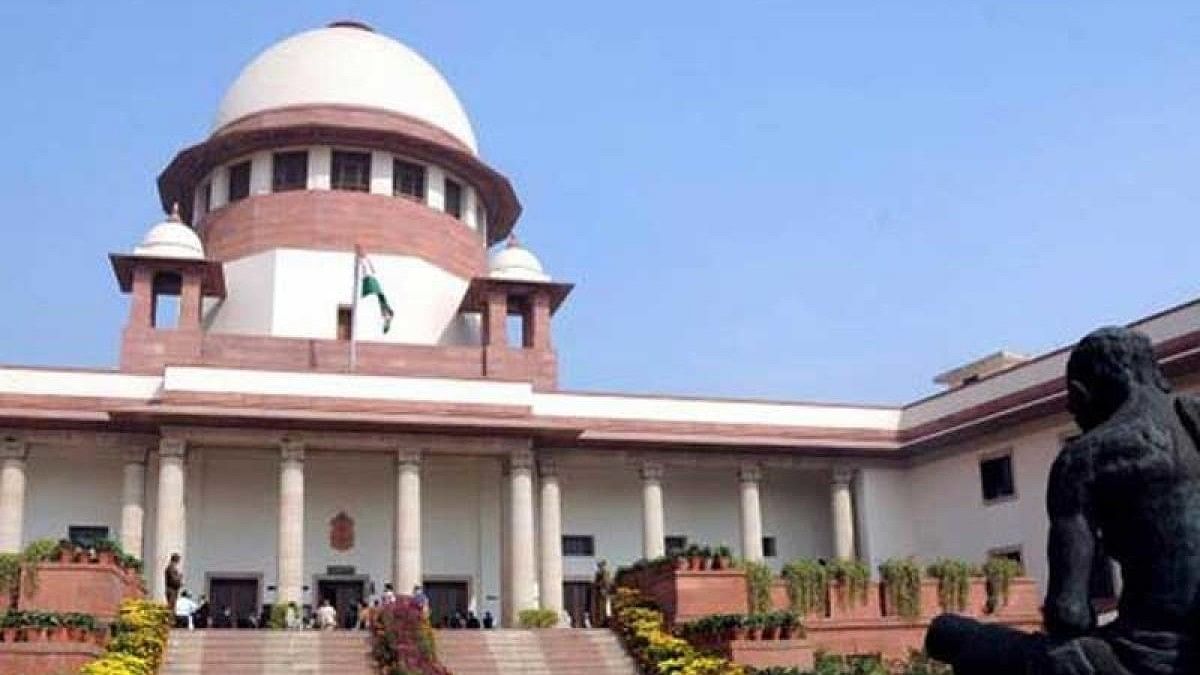
The Supreme Court of India.
Credit: PTI File Photo
New Delhi: The Supreme Court on Friday decided to take up on Tuesday a plea for stay the implementation of Citizenship Amendment Rules, 2024 notified on March 11, 2024.
A bench of Chief Justice of India D Y Chandrachud and Justices J B Pardiwala and Manoj Misra allowed a plea made by senior advocate Kapil Sibal for urgent listing.
Sibal, appearing for applicants, submitted that during the hearing on validity of the Citizenship Amendment Act, 2019, the top court did not stay the law on the ground that rules were yet not notified.
"However, just before elections, after four years of the passage of the Act, the government has notified the rules, so if the citizenships granted, if would be impossible to reverse," he said.
Solicitor General Tushar Mehta for the Centre submitted he has no objection to the listing of the matter but the petitioners don't have locus to question citizenship.
Earlier, Kerala's Indian Union Muslim League and others filed a plea in the Supreme Court seeking a direction to stay the implementation of Citizenship Amendment Rules, 2024.
Democratic Youth Federation of India, in a separate plea, objected the Citizenship Amendment Rules for violating Article 14 of the Constitution as it is unconstitutional, discriminatory, manifestly arbitrary, unreasonable and irrational.
The applicants asked the court stay the continued operation of CAA, 2019 and rules which would result into valuable rights being created and citizenship being granted to persons belonging to certain religions only, thereby resulting into fait accompli situation.
The CAA proposed to give citizenship to those persons who are illegal migrants belonging to Hindu, Sikh, Buddhist, Jain, Parsi or Christian community from Afghanistan, Bangladesh or Pakistan and, who have already entered into India on or before December 31, 2014. Over 250 petitions were filed before the court challenging validity of the CAA, 2019.
The applicants said since the CAA discriminates on the basis of religion, it strikes at the root of the concept of secularism, which is the basic structure of Constitution.
"The CAA Rules 2024 violated Articles 14, 21, 25 and 51 of the Constitution as well India's obligation under the International law," it said, contending those were manifestly arbitrary, discriminatory and exclusionary to one group and left out the migrants persecuted in other countries.
